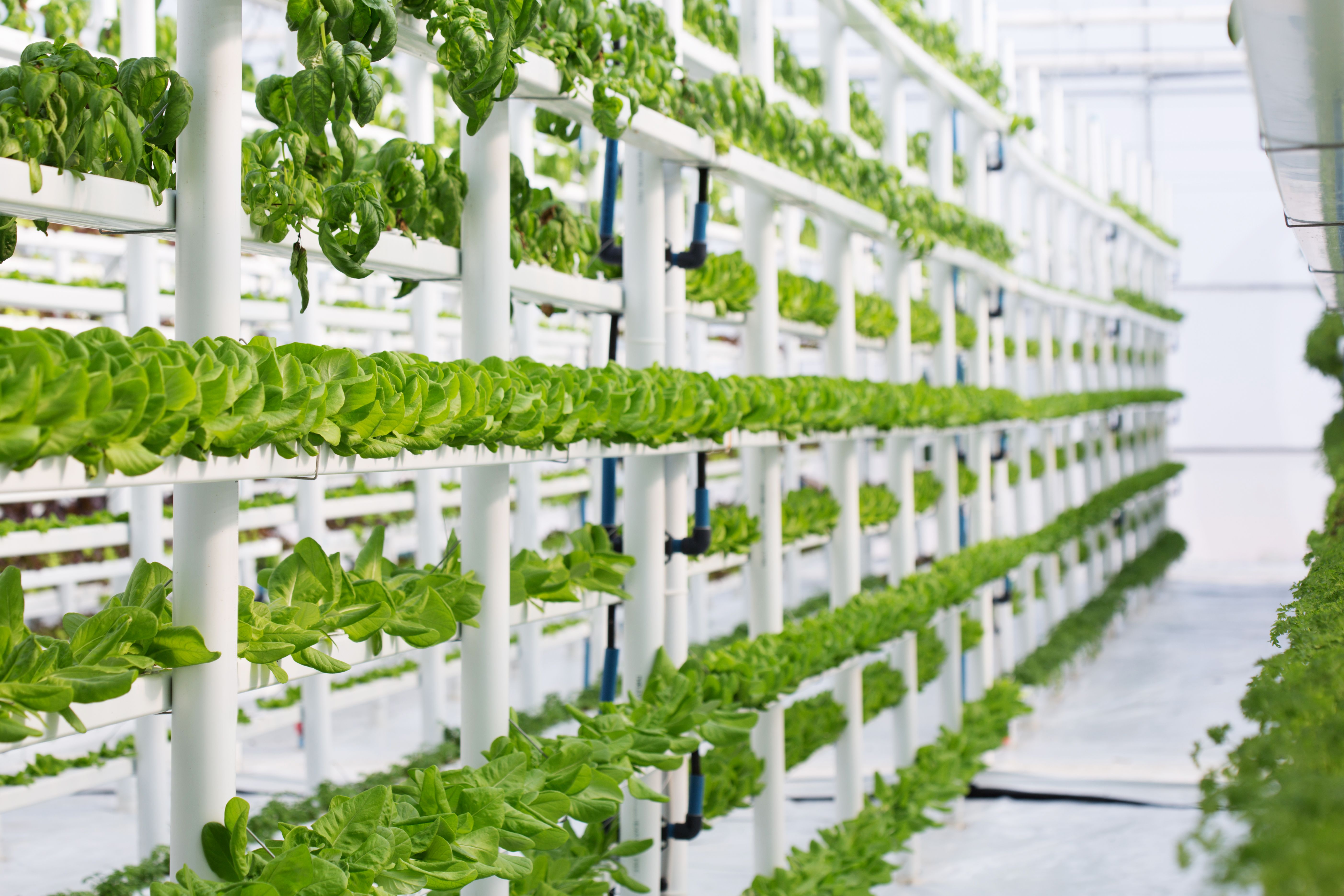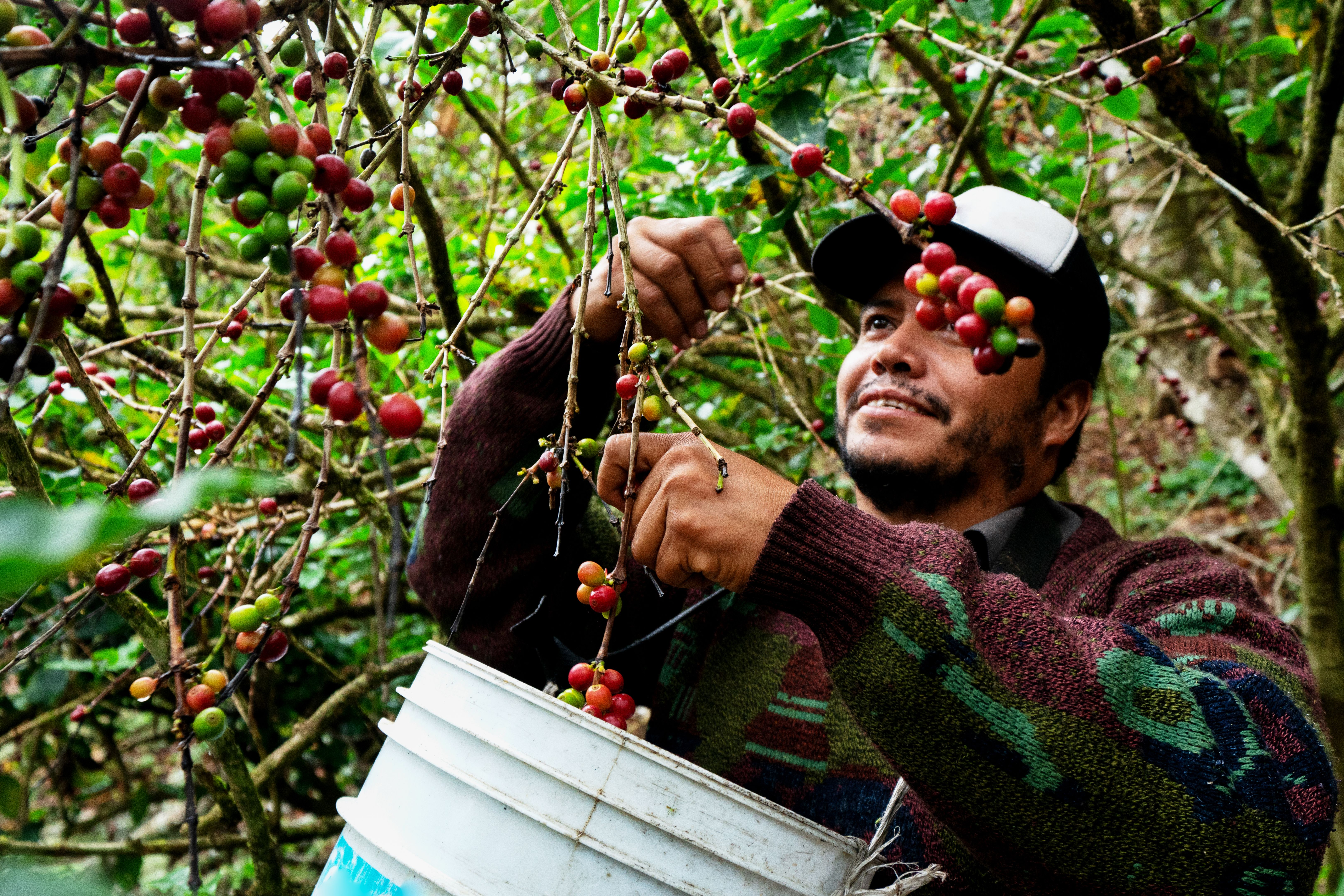The Impact of Agricultural Development on Global Commodities
The Role of Agricultural Development
Agricultural development plays a critical role in shaping the global economy. As agricultural practices evolve, they have a profound impact on the production and distribution of global commodities. This development not only influences local economies but also affects international trade patterns and food security worldwide.
Modern advancements in agricultural technology, such as precision farming and biotechnology, have significantly increased the efficiency of crop production. These innovations allow farmers to maximize yields while minimizing resource use, leading to an increase in the supply of essential commodities like grains, fruits, and vegetables.

Challenges and Opportunities
While agricultural development offers numerous benefits, it also presents challenges. Climate change, for instance, poses a significant threat to agriculture by altering weather patterns and reducing the predictability of growing seasons. As a result, farmers must adapt their practices to maintain productivity.
However, these challenges also create opportunities. The demand for sustainable farming practices is rising as consumers become more environmentally conscious. This shift is encouraging farmers to adopt eco-friendly techniques, which can lead to more resilient agricultural systems and diversified commodity markets.
Impact on Commodity Prices
Agricultural development affects commodity prices in various ways. Increased production often leads to lower prices due to higher supply, benefiting consumers. However, this can adversely affect farmers’ incomes, particularly in regions where agriculture is the primary source of livelihood.

Conversely, disruptions in agricultural productivity—caused by factors like natural disasters or policy changes—can lead to price volatility. Such fluctuations can have ripple effects across the global economy, impacting everything from food prices to stock markets.
Trade and Global Markets
The globalization of agricultural markets has tied local farming practices to international trade networks. Improvements in transportation and logistics enable countries to export surplus commodities, fostering economic growth and stability. However, this interconnectivity also means that local agricultural issues can have far-reaching impacts.
- Countries with advanced agricultural sectors can access broader markets.
- Developing nations face challenges in competing with established players.
- Trade policies can either enhance or hinder access to global markets.

Future Outlook
The future of global commodities is deeply intertwined with continued agricultural development. As technology progresses and sustainability becomes a priority, the landscape of agriculture is likely to experience significant changes. Investments in research and infrastructure will be crucial in addressing the challenges posed by climate change and population growth.
In conclusion, agricultural development significantly impacts global commodities by influencing production levels, prices, and trade patterns. The ongoing evolution in this sector offers both challenges and opportunities that will shape the future of global food security and economic stability.
